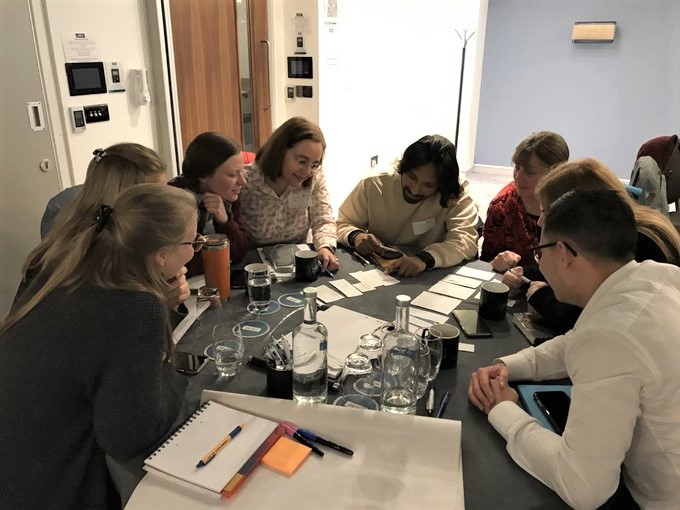Transition from KS2 to KS3 has been repeatedly identified as a hiatus point for many students.
What is involved?
Transition from KS2 to KS3 has been repeatedly identified in recent research as a hiatus point for Transition from KS2 to KS3 has been repeatedly identified in recent research as a hiatus point for many students, particularly disadvantaged students. Data shows that of high-performing students at the end of Key Stage 2, only 52.1% of those from the poorest backgrounds achieve Grades 7-9 at GCSE, compared to 73.5% of those from the wealthiest backgrounds.
This engaging and thought-provoking Work Group aims to address this issue through collaboration across the KS2 to KS3 boundary to ensure consistency in the pupil experience.
This is achieved through:
- collaboration on different aspects of curriculum and/or pedagogy
- high-quality PD resources to support a more coherent KS2-KS3 transition, with themes including oracy, algebraic thinking and multiplicative reasoning
- the unique opportunity to observe live lessons in both Primary and Secondary settings taught by Mastery Specialists
- opportunity for participating teachers to try new approaches with their own students and opportunities for reflection on how the approaches promoted impact on students
Through participation in this Work Group, primary and secondary colleagues will develop shared understandings of mathematics curriculum, teaching and learning – and be able to implement changes that support all pupils in their transition from primary to secondary.
Who can take part?
The intended participants are those who teach and/or have responsibility for the curriculum in Years 5-8. Participants may be subject leaders or teachers with responsibility for transition in a school. All the approaches used in sessions are in line with the NCETM’s Essence of Mathematics Teaching for Mastery, although some schools will not have engaged with teaching for mastery programmes before becoming part of a Years 5-8 Continuity Work Group.
Session Dates
| Years 5- 8 Continuity Work Group |
|---|
| Session 1 – Launch Friday, 23rd January 2026 13:00 – 16:00 Online |
| Session 2 Friday, 20th March 2026 9.30 – 15:30 St Augustine’s Catholic Primary School, Heathcote St, Coventry, CV6 3BL |
| Session 3 Friday, 24th April 2026 9.30 – 15:30 St Thomas More Catholic School, CV10 7EX |
| Session 4 Friday, 12th June 2026 9:00 – 16:00 Online |
Please note: Participants must attend all sessions

“It has given me a greater understanding of maths coverage across years 5-8 and rich oracy practices to implement in my own classroom.”
“This Work Group gave us the spark
needed to start relationships with the
secondary schools we feed into. They provided us with examples of lessons that pupils will do in Year 7, helping us prepare our children to apply their skills in a secondary environment. It all contributes towards their overall transition.”

What is the cost?
The Year 5-8 Continuity Work Group is fully funded by the Maths Hubs Programme so is free to participating state schools. This includes independent special schools with 50% or more LA funded pupils. Other independent schools can take part for a small fee.